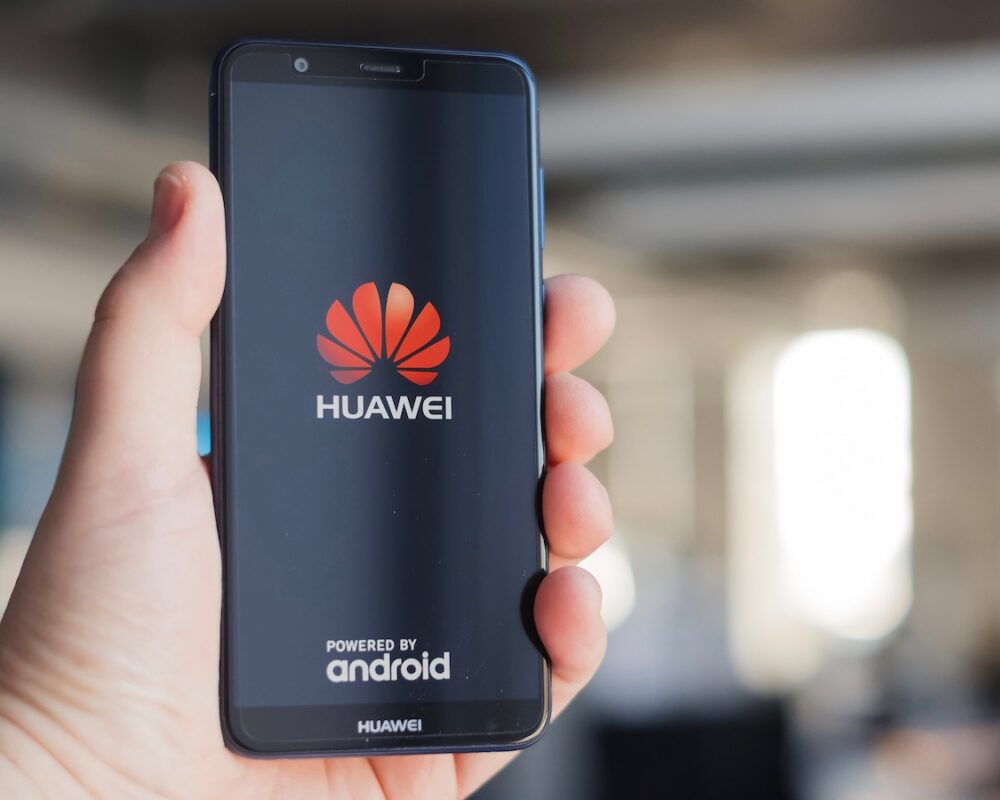Google’s decision to pull Huawei’s Android license is a significant setback for the Chinese company.
The decision will force the company to use open-source operating systems instead of Google’s proprietary system. This could cause them problems in competing with Samsung and Apple as well. However, they still have a chance since many smartphone users are switching over to alternative platforms such as Windows Phone and Firefox O.S. due mainly to privacy concerns, which are not exclusive only for those two companies.
In this article, we look at the significance of Huawei’s ban and go deeper into the US-China tech war and the global consequences of these two giants going against each other.
Why did Google ban Huawei?
Huawei was banned from Google’s Android operating system because of spying concerns. The company has been accused of installing hardware on its devices that could be used to spy or intercept data, which would violate U.S. privacy laws and undermine the security at stake in our cyber world.
There were allegations that they installed “back doors” into their products for espionage purposes. Some analysts believe it is retaliation for not supporting America’s trade war with China. Others speculate the ban stems back to accusations dating as far ago as 2010 about Huawei violating sanctions against Iran & Sudan by selling telecom equipment despite being subject to an export restriction placed on them by Treasury Department officials.
The U.S. and China are locked in a tech war
The U.S. and China are duking it out for a technological lead.
The world’s largest spending on Research & Development is looking to maintain its position as the innovation engine of this century. Meanwhile, Beijing wants to become more dominant in fields like artificial intelligence (A.I.).
The U.S. is struggling to keep pace with China in the tech industry.
The U.S., which used to lead this field by leaps and bounds until recently, now finds itself lagging behind its economic adversary’s advancements at an alarming rate of catch up. It would appear that America has lost sight of what it needs most. People can invent new ways through innovation alone instead of relying on other countries like Russia or Chinese entrepreneurs who have made their country into one world centre for A.I. research development.
With the likes of Obama’s former cyber security advisor Melissa Hathaway warning Americans about how vital cybersecurity will be in the years to come, there’s a genuine possibility that America may need to rely more directly on its own scientists and engineers.
“U.S. tech firms as well as the U.S. government engage in a great deal of posturing, stand-offs and embargos surrounding Chinese technology companies. This was evident with Tik-Tok’s transition to Microsoft ownership amid Donald Trump’s threats of total shut down in the United States. We are now seeing war being waged on Huawei, an already much maligned and controversial organisation in the eyes of western media outlets.
There is absolutley no doubt the U.S. views Chinese tech with scepticism, but also equally as a threat. A threat not to their own citizens and their privacy.. but also to their economy as China eyes domination in all things technology”
Matthew Nixon, Analytics Director @ Molzana
Chinese tech companies are investing billions into new technologies, including A.I.
In 2016, China’s A.I. market reached $2.6 billion and was expected to reach $5.4 billion by 2020.
With such a rapid growth rate in artificial intelligence, Chinese tech companies are investing billions into new technologies, including driverless cars and robotics, increasing their focus on health care technology and cyber security systems for industries like power plants or financial institutions.
With so many technological innovations happening across every industry at this very moment with China leading the way – it should come as no surprise that they have made investments totalling over 16% more than European countries last year ($871 million). Demonstrating just how high-tech a future we will be living in once these advancements take off!
Recent investments have been made in new technologies, including artificial intelligence.
The investment trend is a natural response to the growing number of tech companies that are investing billions into A.I. The latest company to announce its interest in this area was Tencent, with its $2 billion pledge towards research and development for intelligent robots.
Does the U.S. still have a technological edge over China?
In the era of globalisation, it’s no surprise that countries worldwide are vying for supremacy in science and technology. The United States is one such country with its Silicon Valley to rival Beijing or Shanghai – but does this competitive landscape also mean an intelligent race between economies across borders? Without much debate, many would say yes. But is this really the case?
Why the U.S. should be concerned about losing its competitive advantage to China
At a time when the U.S. is already struggling to maintain its competitive edge, China’s economy has been growing at an exponential rate. This means they’re poised to overtake America as the world leader in many industries like manufacturing and technology. But what does this mean for the future?
The implications are potentially detrimental to the US economy, as such a tech cold war is likely to continue.










